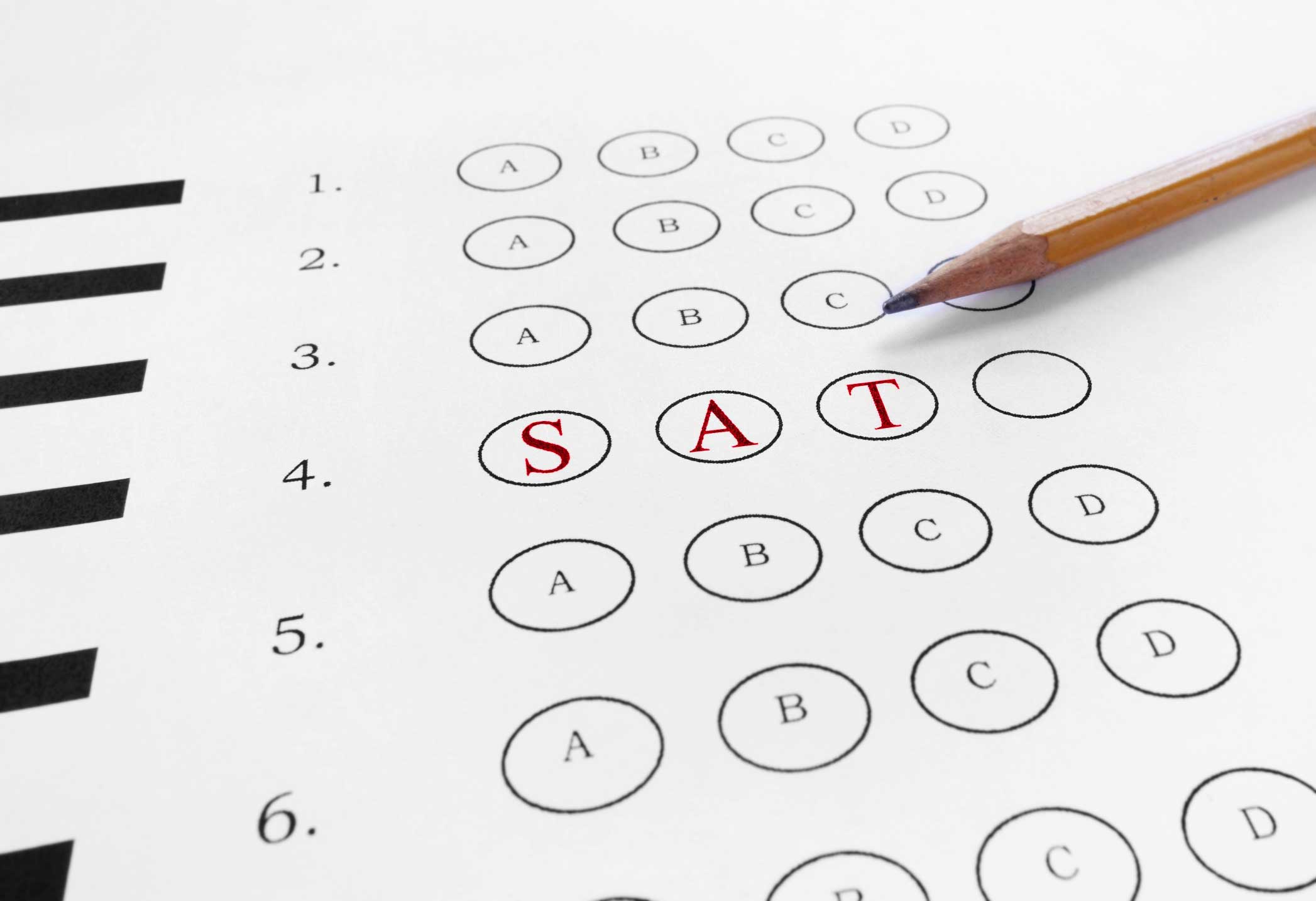GUIDO PETRI
The SATs

During the eight-month interim I had between finishing my Abitur in Brazil (November 2013) and applying to university in Germany (approximately July 2014), I took the SATs, as a measure for my abilities and for fun. I took them at the Escola Graduada in São Paulo on May 3rd, 2014.
The test ran mostly as expected. I had actually practiced very little for it, mostly just using the CollegeBoard's online question-of-the-day practice tool to get acquainted with the style of question asked. I didn't experience much time pressure or any kind of nervousness during the test. The most difficult part for me was the Writing section, since I've always had difficulties in that area not only in English, but in Portuguese and German as well.
In the end, my scores were 740 reading; 800 math; and 620 writing, for a total score of 2160/2400 or 1540/1600. This places me in the 98th percentile overall (according to this scale by the CollegeBoard).
Here is a transcript of my essay written for the SATs. Re-reading this after only two years, I realize now that I have slightly changed my views on the proposal. My words are still somewhat convincing to me, however.
Public opinion - the sum of the attitudes or beliefs held by a majority of the population - is primarily expressed through the media or public opinion polls. Leaders and politicians are often swayed by it, believing that public opinion is everything. Yet true leaders should not listen to what the public thinks; they should follow their own convictions, whether or not the majority of their fellow citizens agree with them.
Should leaders follow their own convictions or submit to public opinion? Plan and write an essay in which you develop your point of view on this issue. Support your position with reasoning and examples taken from your reading, studies, experience, or observations.
True leaders follow their own convictions, regardless of public opinion. It is often the case that public opinion is biased or unfair, and leaders of society should not follow these incorrect assumptions. An example of this is reverend Martin Luther king, Jr. and his fight for racial equality.
In the 60's, black people were often put at an unfair disadvantage when compared to caucasians. There were "colored" sections of the bus, "colored" restaurants and "colored" water fountains. Public opinion dictated that this segregation continue, but Martin Luther King, Jr. was strongly against this continued discrimination. He fought public opinion, believing that everyone should have equal rights, and nowadays we have a black president. The election of Barack Obama was proof that Martin Luther King's conviction that there should be racial equality has come true.
Public opinion is often based on past occurrences, and can easily be swayed by means of force. After World War II, several Germans admitted to being against Hitler's antisemitism and blatant violation of human rights, but public opinion during the war said that the Germans were all Nazis and agreed with Hitler's ideas. Several times, public opinion is incorrect not only from a public point of view but also from a humanitarian.
By following their own convictions, leaders guarantee that they will not be swayed or driven from their values by the public. If their convictions truly are correct, they will attain support, regardless of public opinion. Leaders must lead society to a more egalitarian state, not accept the status quo, just as Martin Luther King did in the 60's.